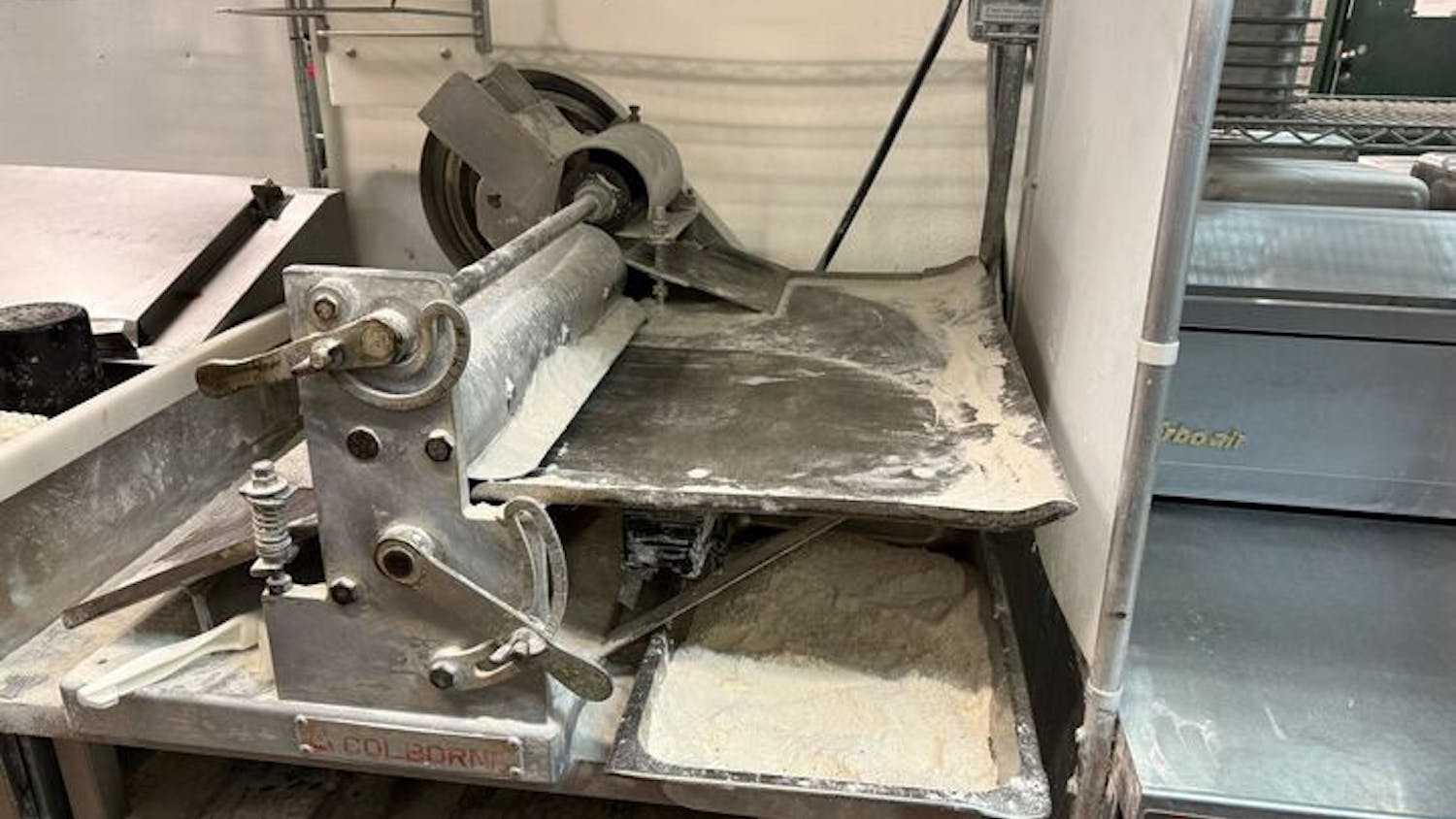A 2-1 federal court decision Wednesday set a Feb. 1 deadline for the state Legislature to make progress on new Wisconsin legislative and congressional districts, a process experts say could have a profound effect on the next decade of Wisconsin politics.
The decision by the U.S. Eastern District Court in Milwaukee will force the Democrat-controlled Senate and Republican-led Assembly to try to find middle ground following census figures that will leave Wisconsin with eight U.S. congressional seats in 2002, one fewer than the state has now.
State Elections Board Executive Director Kevin Kennedy said the deadline will help candidates identify their new districts and likely constituents in time to launch successful campaigns in 2002.
\Realistically speaking, a plan needs to be in place by May 1,"" Kennedy said. ""Candidates need to know which office they're running for and the boundaries.""
College Republicans Chair Louis Crisostomo said a close 2000 victory by Rep. Tammy Baldwin, D-Madison, could have a different result next year with minor changes to the district.
""[UW-Madison Professor] John Sharpless has said that if the district expands into more rural areas ... he would run again,"" Crisostomo said.
While Jerilyn Goodman, Baldwin's press secretary, emphasized that Baldwin is not yet planning for her reelection campaign in 2002, she said some representatives may be looking ahead to campaigns soon without a clear picture of their constituent body.
""I guess campaigns usually start in the summer after Congress adjourns,"" Goodman said. ""There's a long congressional recess.""
Mike Wittenwyler, an attorney for the plaintiffs, including former Democratic Gov. Tony Earl, in the federal court case, said the decision is important to both incumbents and challengers because campaigning is a constant process.
""If you seriously want to plan a run for Congress, you should start the day after the election,"" he said. ""You can't plan until you know who your bosses are, and you can't launch a campaign until you know who your constituents are.""
Kennedy said state representatives received new municipality boundaries in mid-October and planning discussions have already begun.
The gubernatorial bid by Rep. Tom Barrett, D-Milwaukee, may also ease the transition from nine to eight House representatives because there will be no incumbent seeking to protect his seat, according to UW-Madison political science Professor David Canon.
""Barrett's running for governor, so that's the easy way,"" Canon said. ""It's likely to be the first proposed solution. It's not entirely clear if the state Legislature will go along with that.""
""The current incumbents are talking and close to making a decision,"" Kennedy said, referring to talk that U.S. Reps. David Obey, D-Wausau, and James Sensenbrenner, R-Menomonee Falls, are working on a compromise.
""The process is one that has high stakes involved,"" Canon said. ""It's extreme, one party can gain a real advantage for the next ten years if they get a favorable drawing of the lines.\





